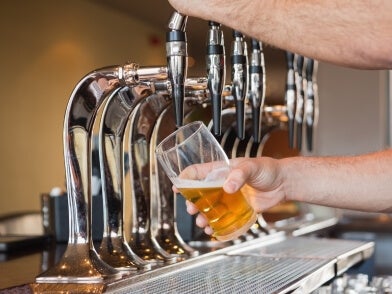Why pub operators need to adapt or die
Simon Chaplin, Head of Bars & Restaurants - London, looks at why a change in mindset is necessary in the pub world.
Business. Built around You.
Your expert business property advisers

The future’s looking several shades of grey for the pub market. While the direct consequences of MRO and Brexit are yet to be seen, uncertainty is plaguing the sector. However, we expect this to dissipate over the coming months which will bring the market back to normal in the medium-term.
Another factor to look out for is the UK-wide rolling out of the drink-drive limit reduction as implemented in Scotland in December 2014. This is currently being debated in parliament and if passed, could come into effect as early as autumn. According to a survey done by Christie & Co a year on from its enforcement, the majority of Scottish pub owners reported a negative impact on trade with many expressing concern about the future, admitting that they would rather sell up instead of adjusting their offering to adapt to the new market.
There are still, overall, fewer pubs in the marketplace than there have been in the recent past. While most sold sites are staying as pubs, more restaurant operators are starting to see these as opportunities to expand their brands. Similarly, the trend of restaurants becoming quasi-bar/restaurants is creating more competition, and there is therefore increasing pressure for owners to diversify their offering – particularly to cater for the under 30s who rely on social media to interact.
With the current lending climate, freehold opportunities are the ideal preference for most buyers. However, there are more leasehold opportunities in the better locations with good potential to grow, despite lack of long-term security. Again, we wait to see whether access to funding will be affected by external factors.
Whilst the future is somewhat uncertain, the old adage applies: it is up to operators to adapt – or die.